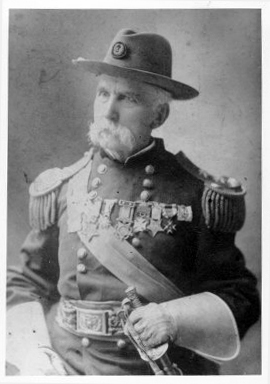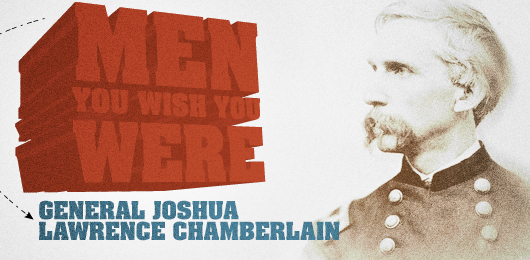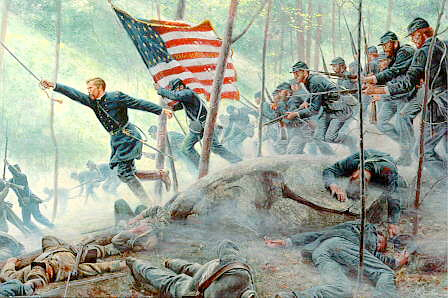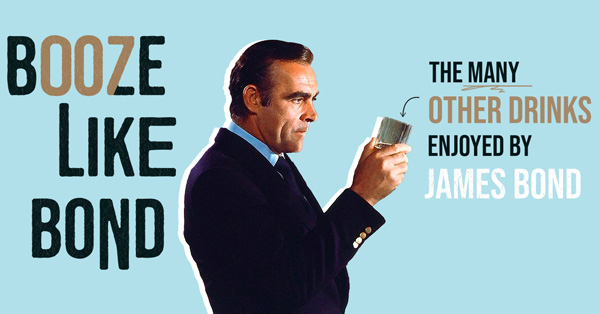“Heroism is latent in every human soul.”
-Joshua Lawrence Chamberlain
Joshua Lawrence Chamberlain isn’t very well known among the average American. A man who taught himself ancient Greek while still a teenager and could fluently speak ten languages before he was 35. A college professor and abolitionist with no military training who volunteered to join the Union against the Confederacy during the Civil War.
With the outbreak of the Civil War, Chamberlain was very vocal in his support of the Union cause and encouraged many of his students to enlist if they supported the war effort. Chamberlain himself enlisted after receiving permission to take a leave of absence from the school in order to “study languages in Europe.” Chamberlain was offered Colonelcy of the 20th Maine Regiment outright, but he turned it down in favor for a lower position not feeling that he had earned the rank.
Chamberlain quickly grew a reputation for his courage and determination on the battlefield. No moment greater than his steadfast defense of Little Round Top at the battle of Gettysburg.
Tasked with defending the flank of the Union line, Chamberlain and his regiment held for four hours against vastly superior numbers until the 20th Maine completely ran out of ammunition. At this point, with the Confederate forces beginning to mount yet another assault, Chamberlain led his men in a bayonet charge down the hill into the oncoming forces. The charge was an outright success and was the pivotal moment of the three-day battle. Chamberlain’s actions not only were key in the Union’s victory at Gettysburg but proved to be a turning point in the Civil War and also won him The Medal of Honor.

Chamberlain would make it all the way up to the rank of a brevetted Major General and was the presiding officer at the surrender of the Confederate Army at Appomattox Court House.
After the war, Chamberlain returned to Maine and served as Governor for four consecutive terms. After retiring from office he returned to Bowdoin College and became president of the University.
Chamberlain may not be well known, but his legacy, a college professor who became one of the most important engineers of American history, is surely something that should be known.
To learn about General Chamberlain:
http://www.nps.gov/archive/gett/getttour/sidebar/chambln.htm
http://militaryhistory.about.com/od/army/p/chamberlain.htm
And the novel The Killer Angels by Michael Shaara on which the film is based.

















